Recent Publications & Learning
Doing development differently starts with better evidence and learning.
Doing development differently starts with better evidence and learning.

Understanding and assessing progress towards systemic change is key for programs seeking to improve the impact they have. This case study is focused on Kenya’s water sector, and specifically the service delivery sub-sector. The published case study summarizes key lessons and insights from KMT’s activities, whilst also offering key considerations for the continued progress towards creating systemic change.
Read More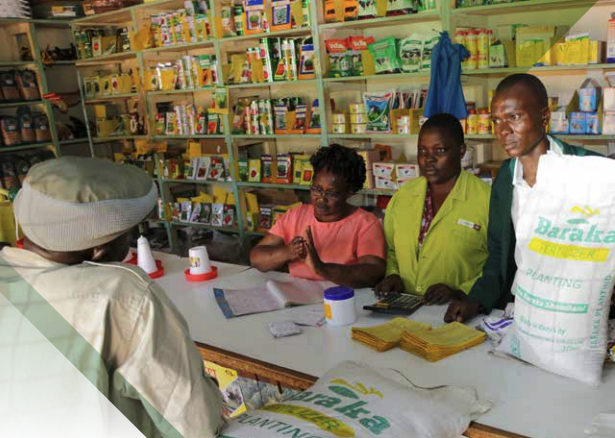
This case study examines how Kenya Markets Trust’s agri-input initiatives improved smallholder farmers' access to quality inputs, enhanced market systems, and fostered collaboration across the value chain.
Read More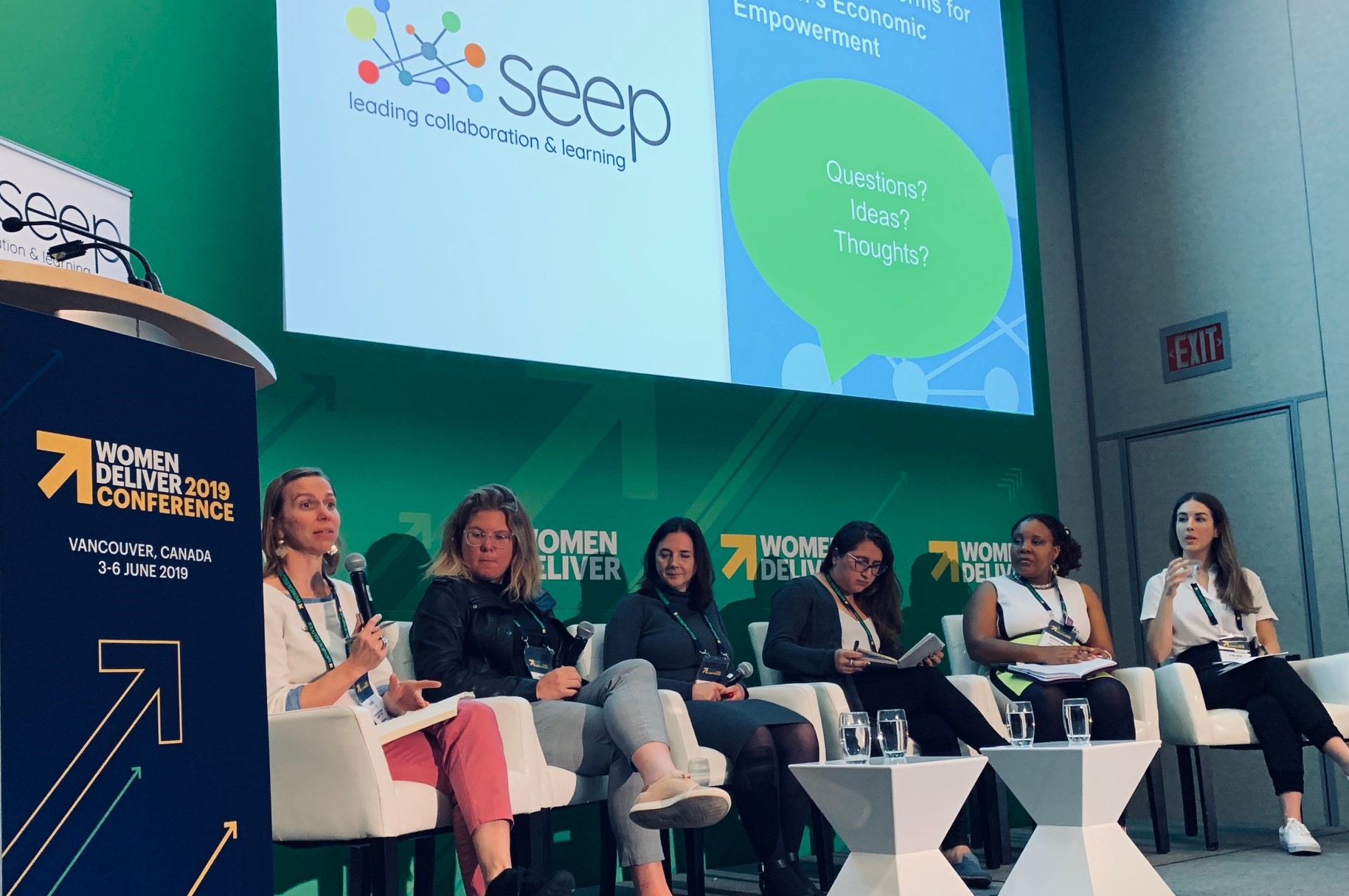
MarketShare Associates moderated a side event on “Shifting Social Norms for Women's Economic Empowerment” hosted by the SEEP Network at the 2019 Women Deliver Conference in Vancouver, Canada. This blog post summarizes seven lessons learned in shifting social norms for women’s economic empowerment. The session explored how members of SEEP’s Women’s Economic Empowerment Working Group have tackled gender norms in the context of their work in developing countries. Speakers from Oxfam, IPSOS, Women for Women International, ICRW, World Vision International, and MEDA drew on practical examples and strategies for understanding, measuring and changing social norms.
Read More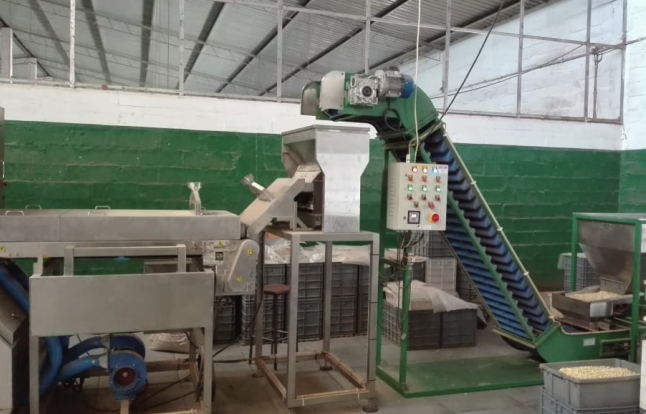
The United States Agency for International Development (USAID) Feed the Future Mozambique Agricultural Innovations Activity (FTF Inova) seeks to stimulate sustainable, agriculture-led economic growth, which is critical to reducing poverty and hunger. The aim is to contribute to this change by catalyzing more inclusive and competitive agricultural market systems. This Plan sets out FTF Inova’s Monitoring, Evaluation and Learning (MEL) System and explains how results are monitored and measured to support strategic, informed, and adaptive management of interventions, while allowing FTF Inova to report on achieved results.
Read More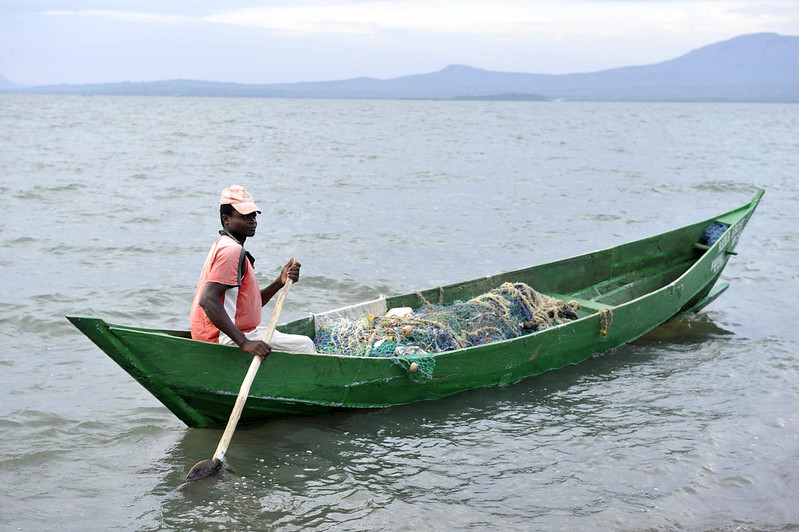
This case study examines the Kuza project, a 3.5 year initiative that operated in coastal Kenya, and distills lessons for initiatives seeking to facilitate inclusive job creation, as well as methods for understanding impact. MSA conducted an analysis of Kuza’s job creation and job measurement strategies with a specific focus on the micro-retail sector. The study profiles Kuza’s approach to capturing direct, indirect and induced job creation.
Read More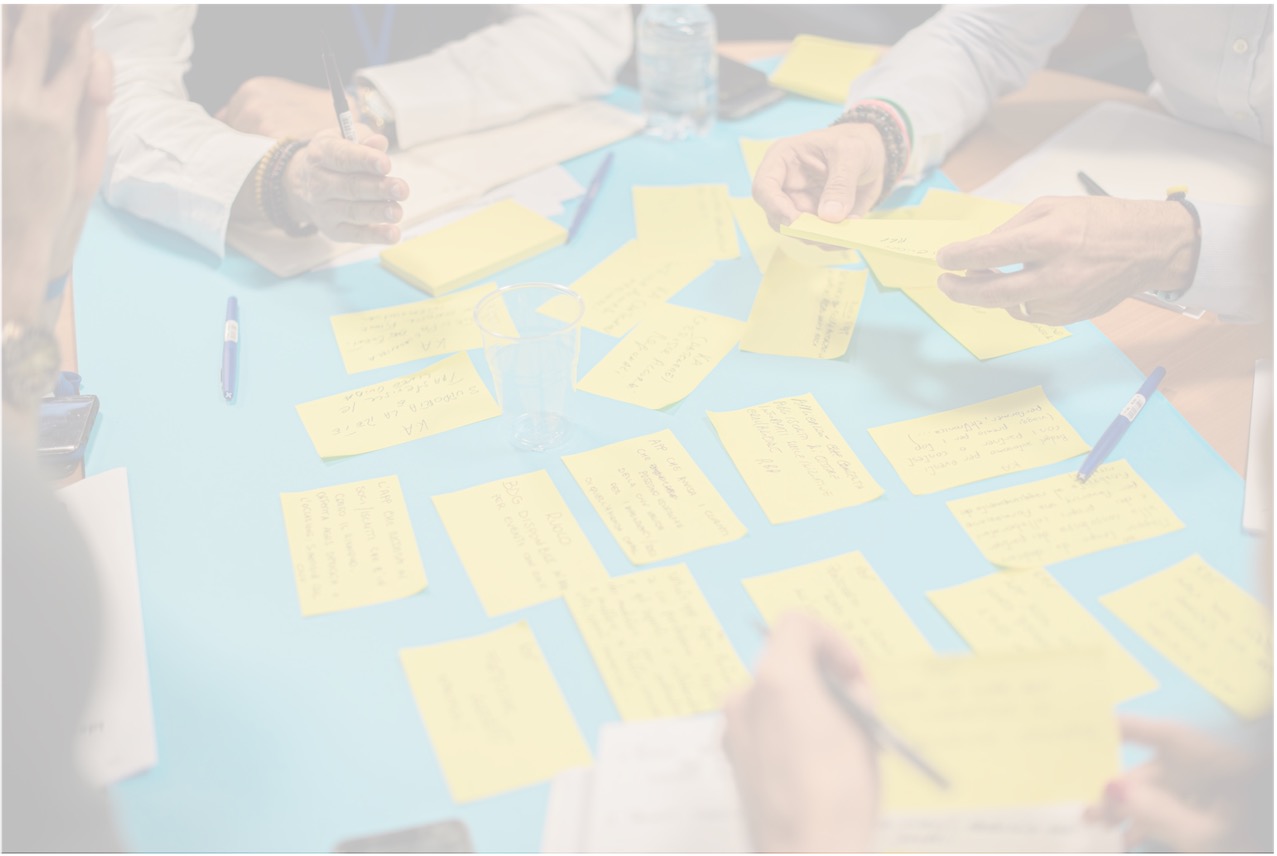
Presentation at the 2018 DCED-BEAM Seminar in Nairobi, Kenya on the role of feedback in driving adaptation and improvement
Read More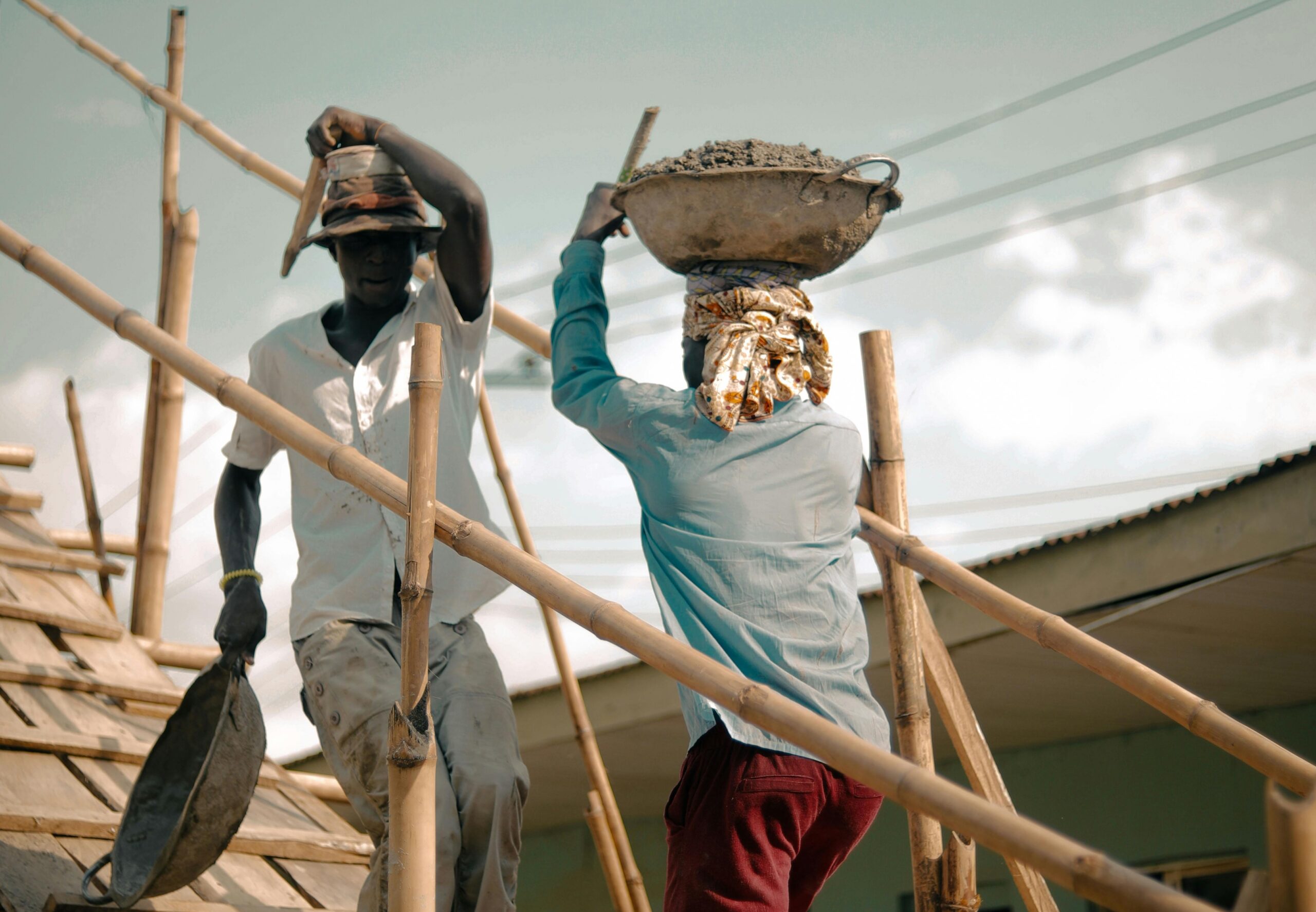
If you’ve ever wondered (or been skeptical about) if or how the market systems approach can address job quality, we’ve mapped the evidence from the field to learn what’s been done, what’s been effective and what projects and donors can to better address job quality in the future.
Read More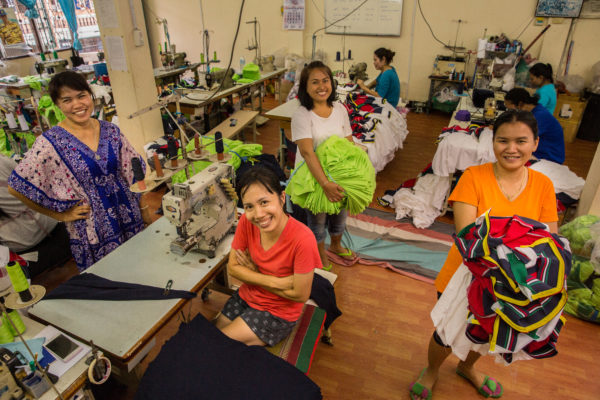
Research brief capturing the experience of practitioners interested in integrating knowledge on social norms from fields outside of market systems into their work on identifying and measuring systemic change.
Read More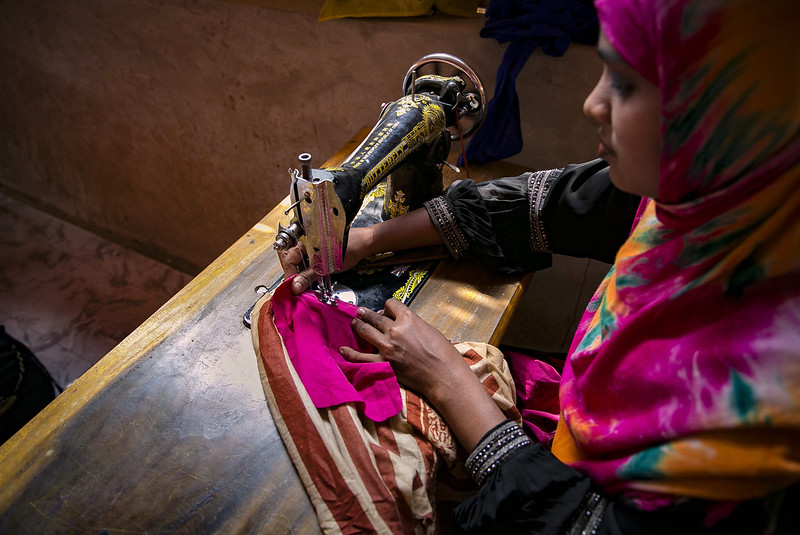
This research brief captures the experience of a group of practitioners interested in integrating knowledge on social norms from fields outside of market systems into their work on identifying and measuring systemic change. This research brief outlines key ideas from social norms theory and explores implications for research and implementation by market systems development (MSD) programmes.
Read More
This report presents key activities, lessons learned, and accomplishments of the Leveraging Economic Opportunities (LEO) project. Over the course of three years (October 1, 2013 – November 13, 2016), LEO served as USAID’s primary vehicle for learning in the area of market systems approaches and a convener of knowledge and best practices amongst its implementing partners.
Read More